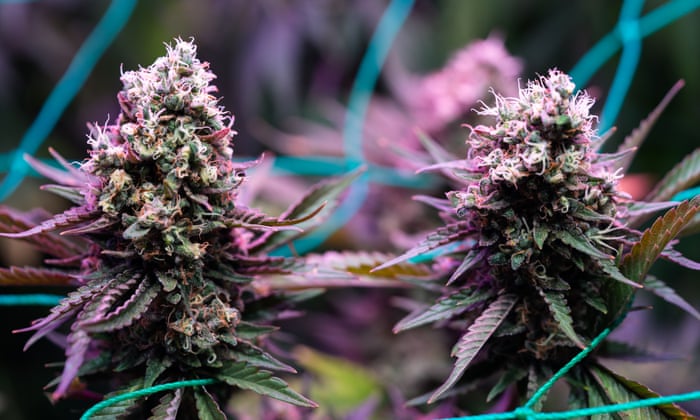Delta-8 THC, a lesser-known cousin of the more famous Delta-9 THC, has been gaining attention in the world of cannabis and alternative medicine. As more research is conducted and regulations surrounding cannabis products evolve, a growing body of evidence suggests that Delta-8 THC flower may possess therapeutic potential. In this article, we will delve into what Delta-8 THC is, its potential therapeutic benefits, and the current legal landscape surrounding its use. Delta-8 THC tetrahydrocannabinol is a naturally occurring compound found in trace amounts in the cannabis plant. It is structurally similar to Delta-9 THC, the compound responsible for the psychoactive effects of marijuana, but with a few key differences. Delta-8 THC is known for its milder psychoactive effects and is gaining popularity as an alternative to Delta-9 THC for those who seek a more balanced and functional high.
Pain Management – Delta-8 THC may offer pain-relief properties, similar to its better-known counterpart. It interacts with the body’s endocannabinoid system, which plays a crucial role in regulating pain perception. Some individuals have reported reduced pain and inflammation after using Delta-8 THC products.

Anxiety and Stress Reduction – Many people turn to cannabis for anxiety and stress relief, but the high levels of Delta-9 THC can exacerbate these issues in some cases. Delta-8 THC offers a more mild and clear-headed experience, which may be better suited for those dealing with anxiety, allowing for relaxation without excessive sedation or paranoia.
Nausea and Appetite Stimulation – Delta-8 THC, like Delta-9 THC, has been explored for its potential to alleviate nausea and stimulate appetite. This can be particularly beneficial for individuals undergoing chemotherapy or those with eating disorders.
Neuroprotective Properties – Some research indicates that Delta 8 flower may have neuroprotective properties, potentially offering benefits in neurodegenerative conditions like Alzheimer’s disease. However, more studies are needed to fully understand these effects.
Improved Focus and Creativity – Some users report enhanced focus and creativity when using Delta-8 THC, which can be useful for individuals seeking an alternative to traditional ADHD medications.
Sleep Aid – Delta-8 THC may also have mild sedative properties that could help individuals struggling with insomnia or irregular sleep patterns.
Delta-8 THC flower is emerging as a potential therapeutic option for individuals seeking the benefits of cannabis with a milder psychoactive experience. While research into its therapeutic properties is still in its early stages, anecdotal reports and some scientific studies suggest that it may offer benefits for pain management, anxiety, nausea, and more. As the legal landscape regarding Delta-8 THC continues to evolve, consumers should stay informed about the regulations in their area. When considering Delta-8 THC for therapeutic use, it is crucial to consult with a healthcare professional and explore high-quality, third-party tested products to ensure both safety and efficacy. Ultimately, as more research is conducted and regulations become more defined, Delta-8 THC may find its place as a valuable tool in the realm of alternative medicine, offering a unique and potentially therapeutic experience for those seeking a natural approach to health and wellness.